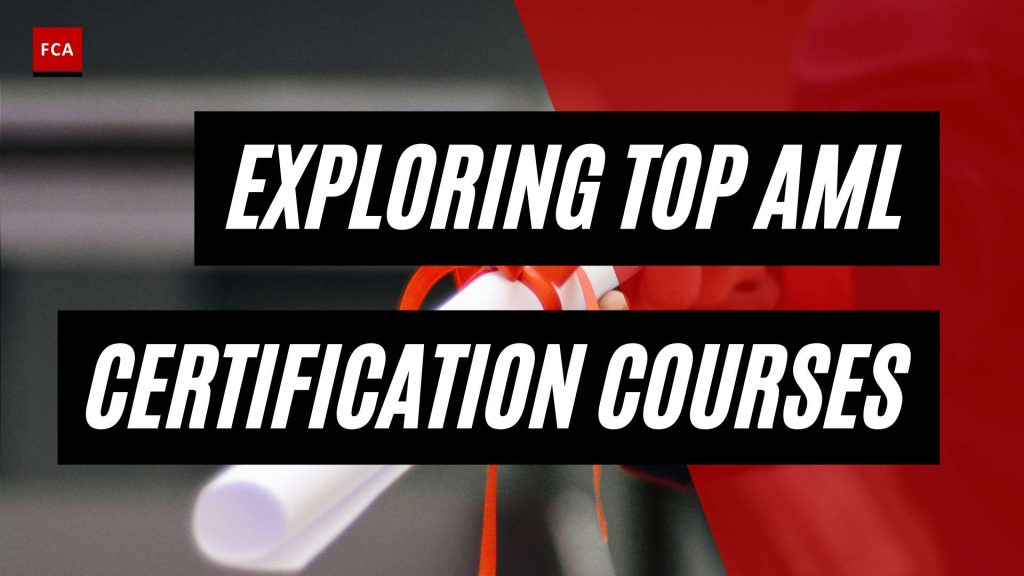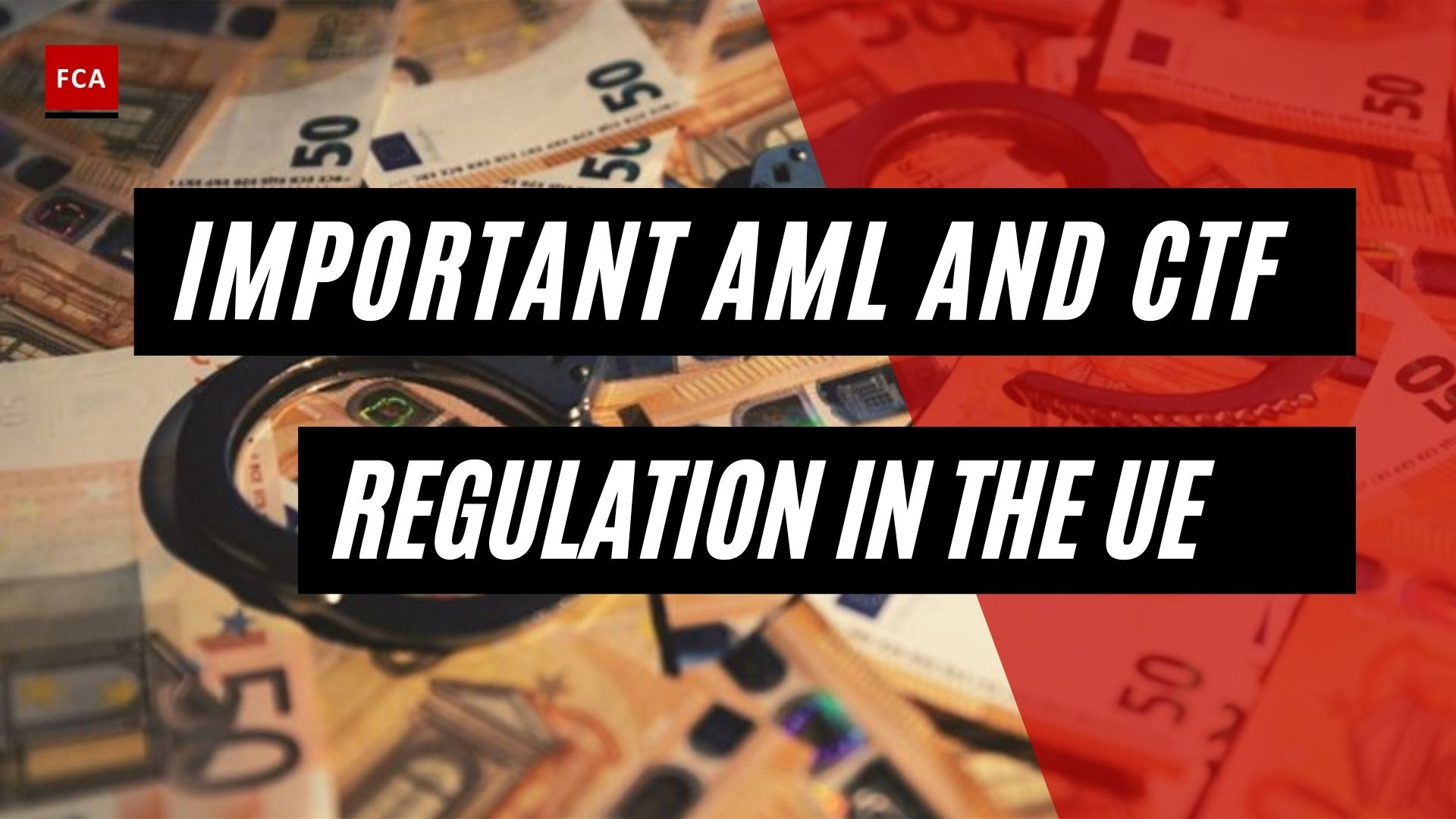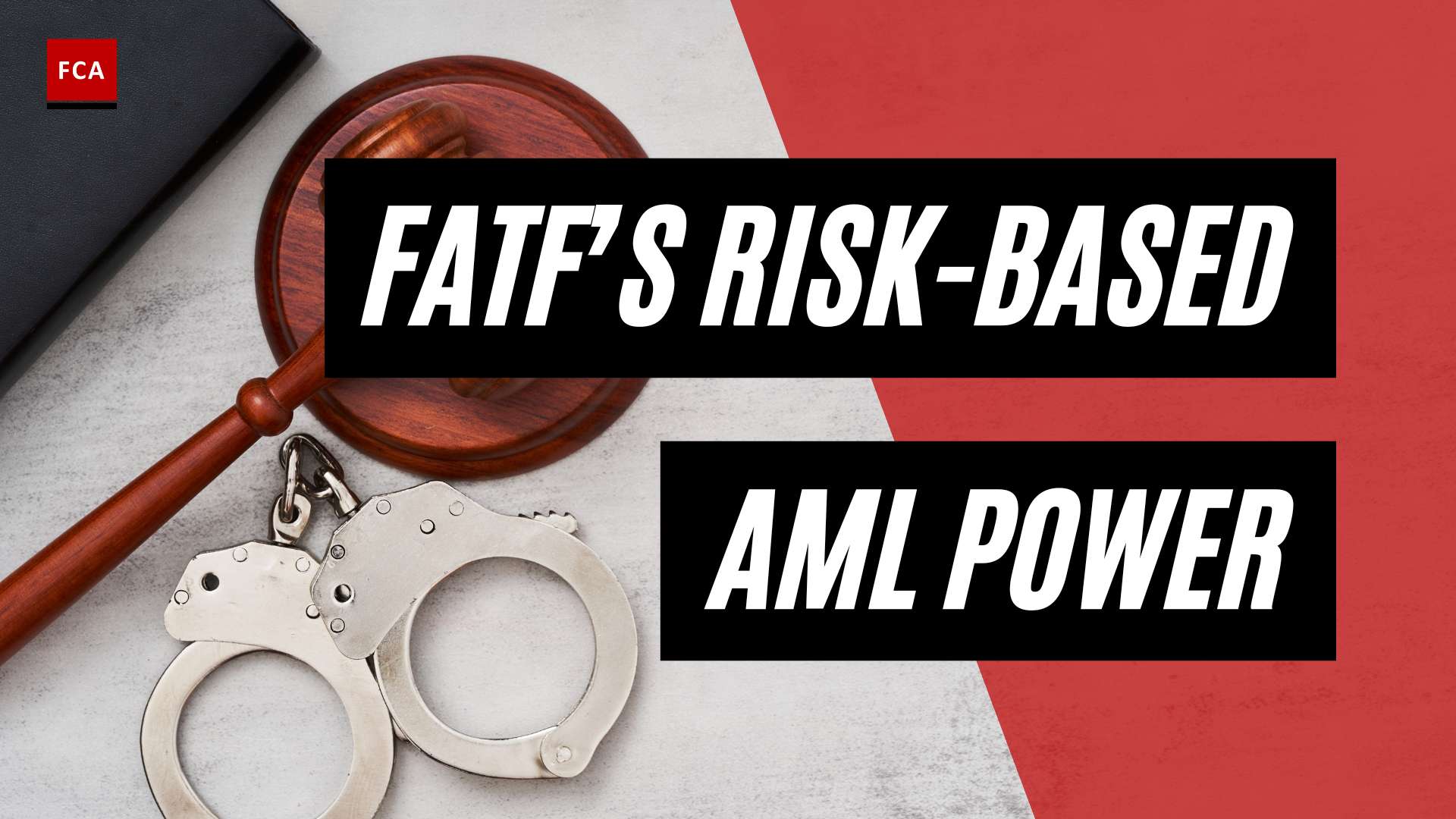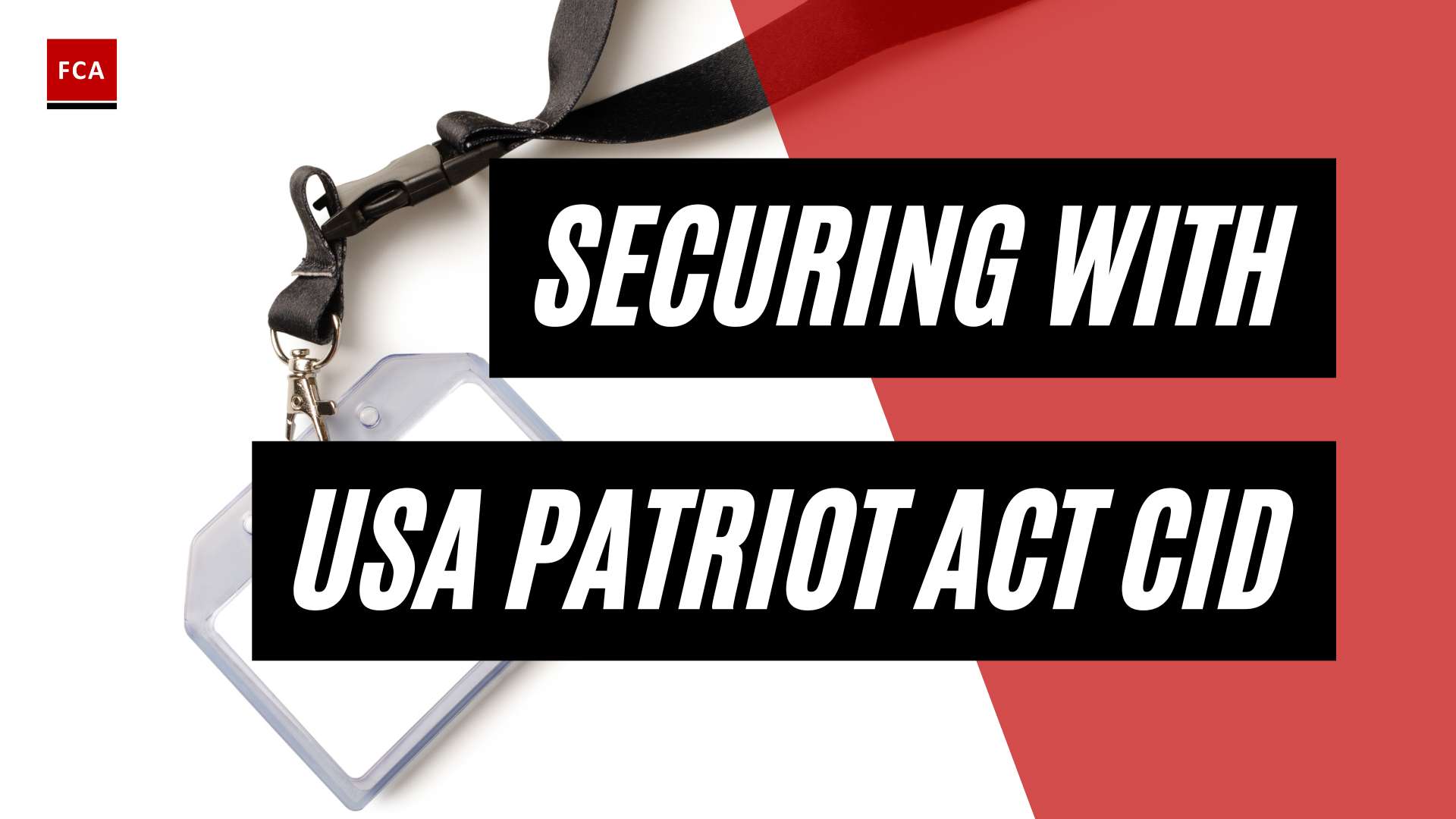Understanding AML Certification
In today’s complex financial landscape, Anti-Money Laundering (AML) certifications have become an essential component for professionals working in compliance, risk management, and anti-financial crime. These certifications equip individuals with the necessary knowledge and tools to detect and prevent money laundering activities, thereby ensuring regulatory compliance and upholding ethical standards in the industry.
Importance of AML Certification
AML certification plays a crucial role for individuals working in financial institutions, such as banks, insurance companies, and investment firms. This certification demonstrates a professional’s expertise in financial crime prevention and regulatory compliance, making them more competitive in the job market (Indeed). Furthermore, obtaining AML certification can enhance a professional’s career prospects by demonstrating their commitment to compliance and ethical standards.
AML certification courses are designed for professionals working in fields like banking, finance, law enforcement, and compliance. They aim to enhance the skills and knowledge of individuals responsible for detecting and preventing money laundering activities in various industries. For detailed information on the benefits of AML certification, you can visit our page on aml certification benefits.
Types of AML Certifications
There are several types of AML certifications offered by various organizations, including professional associations, online platforms, and training institutes. This diversity accommodates different learning preferences and schedules of individuals seeking certification in anti-money laundering practices.
Some of the most common certifications in the field of AML include the Certified Anti-Money Laundering Professional (CAMP) and the Certified Anti-Financial Crime Professional (CFCP). These certifications are recognized globally and can help individuals advance in their careers in compliance and financial crime prevention.
Choosing the right certification depends on several factors such as your current role, career goals, and preferred learning style. You can explore our page on aml certification requirements for detailed information on each type of certification.
Exploring AML Certification Courses
To enhance career growth in anti-money laundering (AML), certification courses play a vital role. Among the various available options, the certification courses provided by the Association of Certified Anti-Money Laundering Professional (CAMP) are highly sought after.
AML Foundations Course
For professionals new to AML or seeking a career change, the AML Foundations Course is an ideal starting point. This course provides a comprehensive introduction to anti-money laundering principles, including core concepts like risk assessment, customer due diligence, and transaction monitoring.
Participants of the AML Foundations program gain an overview of financial crime, terrorism financing, and emerging trends in the AML field. This knowledge equips them with the practical tools necessary to kick-start a career in anti-money laundering compliance.
The AML Foundations Certificate can be completed entirely online, allowing participants to balance their professional and personal responsibilities while advancing their knowledge in AML compliance. The course comprises flexible self-paced learning modules that cater to the individual needs of professionals.
Globally recognized, the FCA AML Foundations Certificate helps professionals demonstrate their commitment to compliance and opens up career advancement opportunities in the AML industry. For detailed information on course content, process, and requirements, visit our guide on aml certification requirements.
Advanced Certifications
In addition to the AML Foundations Course, FCA offers advanced certifications for professionals looking to further their expertise in AML and financial crime prevention. These include the Certified Anti-Money Laundering Professional (CAMP) credential, Certified Audit and Investigations Professional (CAIP) and Certified Ani-Financial Crime Professional (CFCP).
The CAMP credential is a gold standard in AML certifications and is recognized globally by financial institutions, governments, and regulators. It provides in-depth knowledge on AML compliance and equips professionals to handle complex compliance challenges.
These certifications require passing an examination and fulfilling certain criteria. For more information on the certification process, costs, and exam requirements, check out our guides on aml certification cost, aml certification online, and aml certification exam.
In conclusion, whether you are a beginner or an experienced professional in the AML field, FCA offers a range of certification courses to suit your needs. These courses not only enhance your knowledge and skills but also improve your career prospects in the AML industry. For more insights on the benefits of AML certification, visit aml certification benefits.
Diving into Course Content
Finding the right Anti-Money Laundering (AML) certification can be a strategic move for professionals in compliance, risk management, anti-money laundering, and anti-financial crime. The course content and the learning methods used are critical aspects to consider when choosing between different AML certification programs.
Key Topics in AML Courses
When exploring AML certification courses, key topics typically covered include the fundamental concepts of anti-money laundering and financial crime prevention, such as legal and regulatory requirements, money laundering and terrorist financing techniques, risk management frameworks, and the role of financial institutions in combatting financial crimes.
For example, the FCA AML Foundations training program offers a comprehensive introduction to these core concepts, making it an excellent option for compliance professionals, auditors, risk managers, and individuals interested in the field of anti-money laundering.
Learning Methods and Resources
AML certification courses often employ a variety of learning methods and resources to ensure an engaging and effective learning experience. For instance, the FCA AML Foundations course is offered in a self-paced, online format, allowing participants to study at their own convenience. The interactive course materials and assessments ensure an engaging learning experience that enhances retention of key AML concepts and principles.
Whether you prefer a self-paced, online program like the FCA AML Foundations course or a more structured training program, it’s important to choose a course that aligns with your learning style and professional objectives.
Benefits of AML Certification
Attaining an AML certification can provide a range of benefits, from enhancing career prospects to improving regulatory compliance and ethical standards within the industry. Let’s delve into these benefits in detail.
Career Prospects with AML Certification
Obtaining AML certification can significantly enhance a professional’s career prospects. It demonstrates their expertise in financial crime prevention and regulatory compliance, making them more competitive in the job market.
AML certification is particularly valuable for individuals working in financial institutions like banks, insurance companies, and investment firms. However, it also holds value for professionals in law enforcement, legal professions, and consulting, where understanding money laundering risks is crucial.
AML certification can lead to a variety of roles including:
- Anti-Money Laundering Specialist
- Compliance Officer
- Risk Management Specialist
- Financial Crime Investigator
For more information on potential salary ranges and job opportunities in the field, refer to aml certification salary.
Compliance and Ethical Standards
Beyond career advancement, AML certification plays a crucial role in maintaining compliance and upholding ethical standards in the financial industry. AML certification courses equip professionals with the knowledge and tools required to detect and prevent money laundering activities.
The courses cover a wide range of topics, including understanding anti-money laundering regulations, recognizing signs of money laundering, and implementing effective compliance measures to combat financial crimes (Indeed).
Having a workforce trained in these areas not only helps financial institutions avoid hefty penalties associated with non-compliance but also enhances their reputation and trustworthiness in the eyes of customers and regulators.
To understand more about what AML certification entails, including the process, course content, and exam requirements, refer to our guide on aml certification requirements and aml certification process.
In summary, AML certification is not just a credential—it’s an investment in a professional’s career and a commitment to ethical standards that benefit the entire financial industry.
Considerations for AML Certification
Pursuing an AML certification requires a serious commitment in terms of time, effort, and financial resources. Before deciding to embark on this journey, it’s crucial to understand the costs, time investment, and requirements associated with these courses.
Costs and Time Investment
AML certification courses can vary significantly in cost, depending on the institution or platform offering the program. Some programs may require additional fees for exams and study materials on top of the base course cost. For instance, LIMRA’s AML training courses prices are determined by volume, and interested parties are encouraged to contact [email protected] for detailed pricing information. For more specific cost details, navigate to our aml certification cost page.
In terms of time investment, AML certification courses can be obtained through various institutions, including universities, online platforms, and professional organizations. The duration of the courses and the time investment required may vary depending on the program. For instance, LIMRA’s AML program incorporates an AML Resource Library, accessible 24/7 for learners to review content when needed.
Course Completion and Exam Requirements
A crucial consideration for any prospective AML certification student is understanding the course completion and exam requirements. AML certification courses typically require completion of the course material and passing an exam to demonstrate knowledge of anti-money laundering regulations. The specific requirements may vary depending on the certification program and institution offering the course (Indeed).
For example, LIMRA’s AML training program focuses on preventing money laundering related to digital transactions and the importance of knowing your customer. It aims to teach learners to identify compromised identities and data, protect customers, recognize high-risk activities, detect money laundering red flags, and understand the suspicious activity reporting (SAR) process.
For more details on the process of acquiring AML certifications, take a look at our aml certification process page.
In conclusion, understanding the costs, time investment, and specific requirements associated with AML certification courses is essential to make an informed decision about your career progression in the anti-money laundering field.








